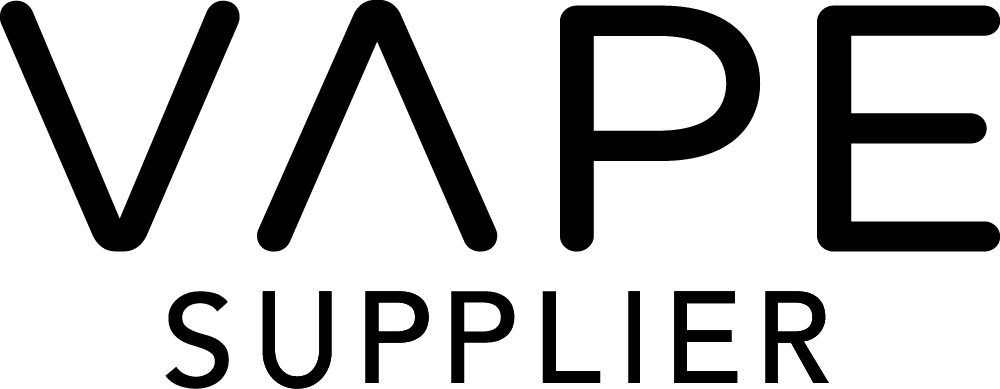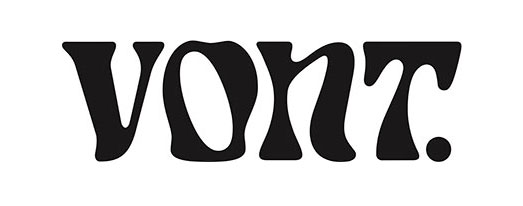Companies in disruptive industries more readily take on calculated risks. Our CEO Lee Bryan reflects on the reasons and rationale.
From the early days of working with vape industry entrepreneurs, I witnessed the appetite for risk was so much higher than in any other industry I had worked in before. It has taken me a long while to process this, and certainly, I have seen the same appetite for risk in the adult toy sector and the cannabis sector. It led me to consider whether this attitude is common across all disruptive industries. Here’s what I concluded. :
Inherent Nature of Innovation
Disruptive industries, such as the vape, cannabis and adult toy sectors all thrive on innovation and fundamentally changing the status quo. To innovate effectively, companies must be willing to experiment with new ideas, technologies, and business models, which inherently involve taking risks.
Competitive Advantage
Taking risks can lead to significant competitive advantages. By being early adopters of new technologies or business practices, these companies can establish themselves as pioneers and gain a first-mover advantage, which can be crucial in rapidly evolving markets. This is especially relevant for highly regulated industries, as assuming an early market lead can help businesses weather the storms of new and changing regulations.
High Reward Potential
The potential rewards for successfully prompting social change or driving paradigm shifts are immense. Companies in this arena are willing to accept higher levels of risk because the payoff, if successful, can be disproportionately large – opening up whole new demographics of consumer demand. This potential for high returns justifies the risk-taking behaviour.
Adaptability and Agility
Businesses operating in disruptive industries often prioritise adaptability and agility. This mindset allows them to respond quickly to changes and pivot when necessary. Being open to risk is a natural extension of this agility, as it necessitates making rapid decisions and embracing uncertainty.
Cultural Factors
Many disruptive companies cultivate a culture that encourages experimentation and accepts failure as part of the innovation process. This cultural attitude towards risk-taking, as opposed to fear of failure, fosters an environment where employees feel empowered to take bold steps without fear of punitive repercussions.
Market Dynamics
Disruptive industries are typically characterised by accelerated evolution and technological advancements. A clear example of this is the drive toward more sustainable vape product innovations, in the wake of consumer demand for single-use vapes. To keep pace with market and regulatory changes, companies must continually push boundaries and take risks, in order to flourish and thrive. Stagnation can lead to obsolescence in such dynamic environments.
Investor Expectations
Investors in disruptive industries often expect and reward risk-taking. At Arcus we have a unique awareness of this, thanks to our years of experience in newly and soon-to-be-regulated markets. Our ethos is that we deliver compliance services for companies that dare to think differently. We understand that breakthroughs and market leadership often require bold moves, and we have seen how investors are more likely to support companies that demonstrate a willingness to take calculated risks to achieve significant growth.
Regulatory Flexibility
Emerging industries may operate in less regulated environments, providing more freedom to experiment and innovate. This regulatory flexibility can encourage companies to take risks that might be constrained in more heavily regulated industries. We know from experience, however, that these maverick market conditions rarely last, and the companies that want to achieve long-term success are the ones that invest early in a robust compliance strategy and get ahead of the regulatory curve.
With these characteristics in mind, it’s clear that the willingness to take risks is deeply embedded in the DNA of companies from disruptive industries. Bold risk tolerance is a necessary component for driving the innovation and change that define these sectors.
When disruptive industries become regulated, the changes and restrictions that regulations bring often stifle the risk appetite and impose onerous compliance obligations that can significantly alter their operational dynamics. Here are just a few of the challenges that our clients have faced, in trying to navigate complex regulations:
- Increased Compliance Costs
Regulation typically brings with it numerous compliance requirements. Companies must allocate resources to ensure they meet regulatory standards, which can divert funds and attention away from innovative projects and risk-taking initiatives. - Reduced Flexibility
Regulations can limit the ability of companies to pivot quickly or try untested approaches. The need to adhere to established rules and procedures can slow down decision-making processes and impede organisational agility. - Risk Aversion
The threat of penalties for non-compliance can prompt companies to adopt a more conservative approach. The focus inevitably shifts from pushing boundaries to ensuring that all activities comply with myriad regulatory standards, leading to a more risk-averse culture. - Barrier to Entry
Stringent regulations can create barriers to entry for new players, reducing competitive pressure and the drive to innovate amongst incumbent brands. Existing companies may become complacent, focusing more on maintaining compliance than on disrupting the market. - Innovation Slowdown
The necessity to comply with regulations can slow the pace of innovation. Companies might be less willing to experiment with new technologies or business models if there is uncertainty over regulatory acceptance or at the risk of potential legal repercussions.
While disruptive industries are naturally inclined towards risk-taking and innovation, the introduction of regulations can significantly dampen this spirit. The need to comply with regulatory standards often shifts focus from innovation to adherence, reducing the overall appetite for risk and potentially slowing down the disruptive potential of these industries.
Maintaining this delicate balance is also the reason why Arcus Compliance has become so successful. I realised very early on that the disruptive pioneers – the mavericks, if you will – thrive on that freedom of thought and need it to progress. Like me, they are rarely the kind of person capable of handling the drudgery of regulatory compliance. With this emerging need, I built a team and a business model that allows for that vital creative freedom. Arcus Compliance exists to empower your business. By outsourcing your complex regulatory compliance obligations to a trusted and highly qualified third-party compliance partner, you have the peace of mind to focus on building your empire and disrupting the status quo!
If you’d like to find out how Arcus Compliance can help you grow, reach out to me on LinkedIn, or get in touch with my team.









